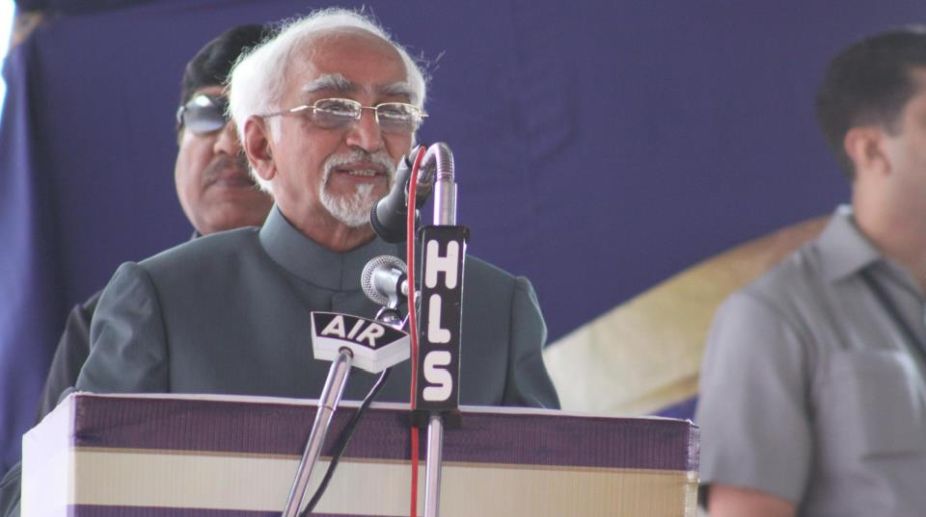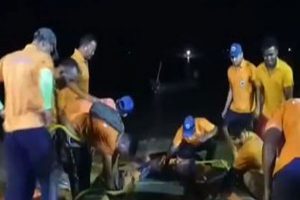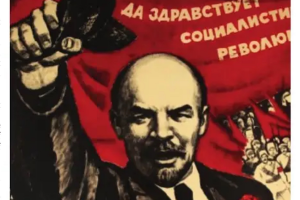Vice President Hamid Ansari on Tuesday said the State is responding in insurgency-affected areas by greater militarisation and both the State and society were insecure as a result.
"In the disturbed and insurgency-infested areas, people feel insecure both from the insurgents and the state. The state's response has been to seek more security forces and greater militarisation of the environment," Hamid Ansari said while delivery a lecture on 'Some Thoughts on the Domestic Dimensions of Security'.
He was delivering the fifth K. Subrahmanyam Memorial Lecture, organised by the Global India Foundation, here.
"The focus of internal security is, and should be, the society. Issues of individual liberty and society's security often appear at odds with each other. The key to dealing with internal security is to keep the focus on both the people and society, and on the rule of law that, regrettably, 'has been undermined by the rule of politics'," he said.
"These negative trends in internal security, therefore, require to be reversed through well directed actions in the political, socio-economic and security fields," Ansari added.
Speaking earlier on K. Subrahmanyam, one of the stalwarts of strategic thinking in India, Ansari said: "KS, as he was universally known, was a passionate advocate of national interest in the classic sense, and helped shape institutional pursuit of it through his writings and his work of many years as Director of the IDSA (Institute for Defence Studies and Analyses) and later as the Chairman of the Kargil Review Committee and in the National Security Advisory Board."
K. Subrahmanyam, a former civil servant, was born on January 19, 1929 at Tiruchirapalli, Tamil Nadu and died on February 2, 2011.
Talking on the existential reality of modern India, Vice President said, "The operative principle for this is 'national-civic' rather than 'national-ethnic' though a segment of opinion today would want to modulate or amend it and espouse instead an Indian version of 'cultural nationalism' premised on 'religious majoritarianism'."
Ansari said that after seven decades of independence, "India is still facing unrest and conflicts and 201 districts, almost 40 per cent of our country, is battling with one form of violence or other".
"As a result, many in the public are losing faith in the system, in the ability of the law enforcement agencies to maintain order and enforce the rule of law, and in the ability of the judicial system to provide justice," Ansari added.
Foreign Secretary S. Jaishankar, son of K. Subrahmanyam, in a brief address recalled his father and his contribution to national security studies.











